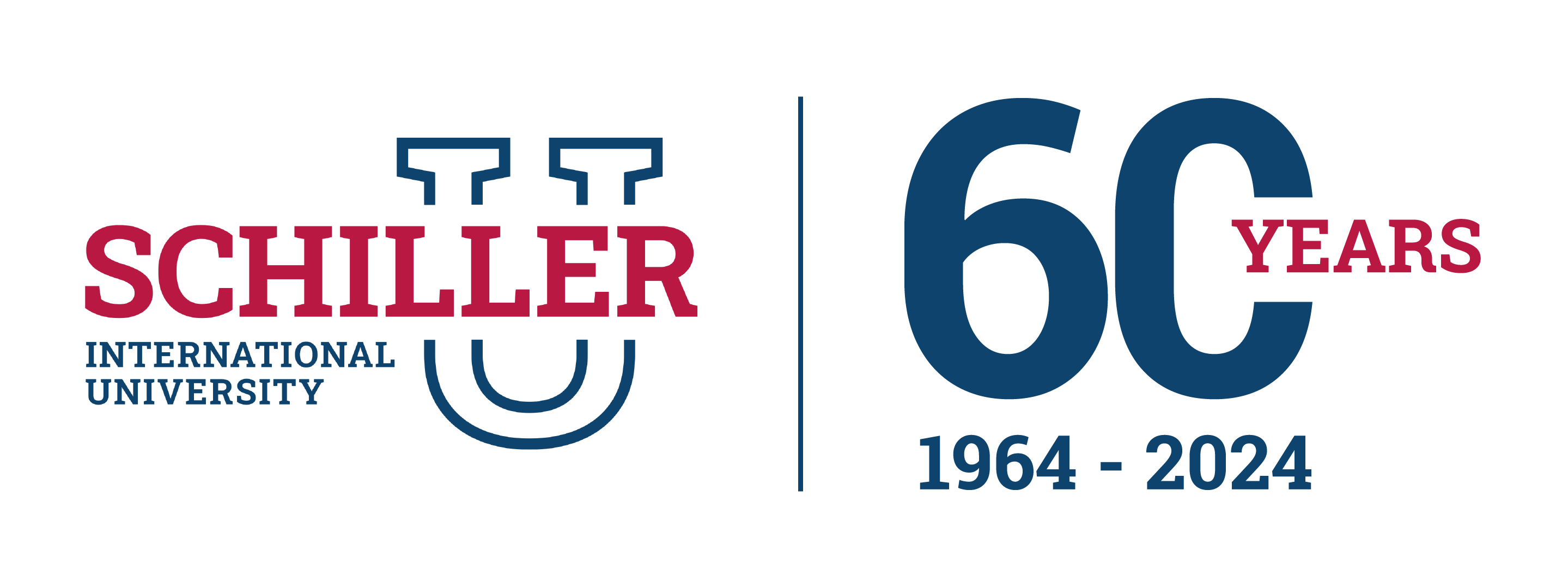In recent years, society has evolved positively, and diversity and inclusion in work environments have ceased to be a mere trend to become imperative in the business policies of any organization. It is a known fact that spaces with diverse environments make their employees more adaptive, creative and productive.
And, therefore, they are increasingly becoming magnets that attract the best talent worldwide.
Respect for diversity is fundamental
When we talk about diversity, we are not only referring to the variety in the culture or gender of the company's employees (which of course is also true); this concept includes a broader aspect that encompasses generational diversity, diversity of thought, or diversity of talent. To talk about a diverse work environment is to refer to one in which the workforce includes employees of different genders, ideologies, sexual orientations, ethnicities, languages, or cultures, among others.
The reality is that in a world as globalized as ours, to opt for the contrary no longer makes any sense.
An emblematic quality for Generation Z
If there is a population group that influences decision-making today, it is Generation Z, as they will be the professionals in charge of leading our future.
This is a strong generation that understands diversity and inclusion as indispensable factors in their lives and who—although they understand they will have to work hard and compete in the labor market—are very clear that their values always come first. And, for the vast majority, diversity has become a deciding factor in choosing where (or not) they will work. A significant portion of the meaning they give their success has to do with feeling fully identified with the place where they work.
Diversity, the engine of change
When there is diversity in a company, there is a concurrence of totally different work styles. This results in a greater richness of activity and decision-making. Diverse teams tend to innovate more and show greater problem-solving skills.
This is why companies need to promote diversity. Beyond being connected to it, they must reflect, validate and support the interests of society. Committing to inclusion policies is an evolution that brings great benefits at all levels. So much so, that companies that have already implemented such strategies improve employee performance by up to 17%, are 20% more creative and innovative, and multiply their business profits by up to 8 times, according to the "Diversity and Inclusion" study conducted by Deloitte.
Companies that are committed to inclusion and diversity are more likely to succeed
To attract qualified professionals from these new generations, companies must be prepared to adapt and evolve at the same frenetic pace as society. This means developing a solid policy in terms of diversity and inclusion. And, for this, there are some fundamental techniques to put into practice, including those given by Deloitte in its study "Welcome to Generation Z."
- Companies have to change the way they organize, retain and develop talent to adapt to the new demands of both society and employees. And start opting for interdisciplinary and global professionals, able to understand different disciplines, cultures, and languages?
- Hire people for their talent, intelligence, and worth, regardless of the rest (where they come from, their gender, their age, etc.).
- Attract more women for technology roles. At the moment, women only make up 28% of STEM jobs in America.
- Adapt to new work formats, with flexible working hours or more open schedules.
- Leverage the experience of older employees to enhance the value of younger ones.
- Understand the benefits of living in a globalized world, where differences between cultures enrich and benefit the work environment; where diverse perspectives bring fresh ideas and people are people, above all else.
Diversity and inclusion are already a measure of any company's success. And organizations that don't know how to adapt will have major problems attracting and retaining quality talent. And therefore, they will not be able to achieve true success.

 Apply Now
Apply Now









